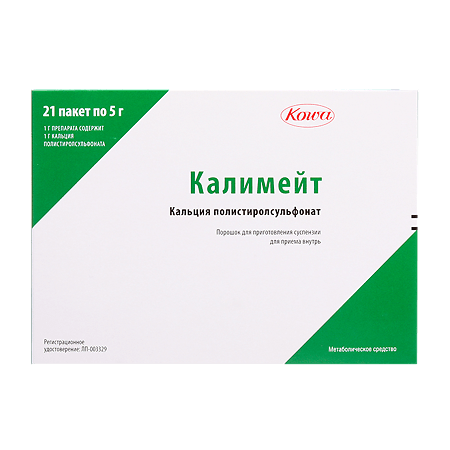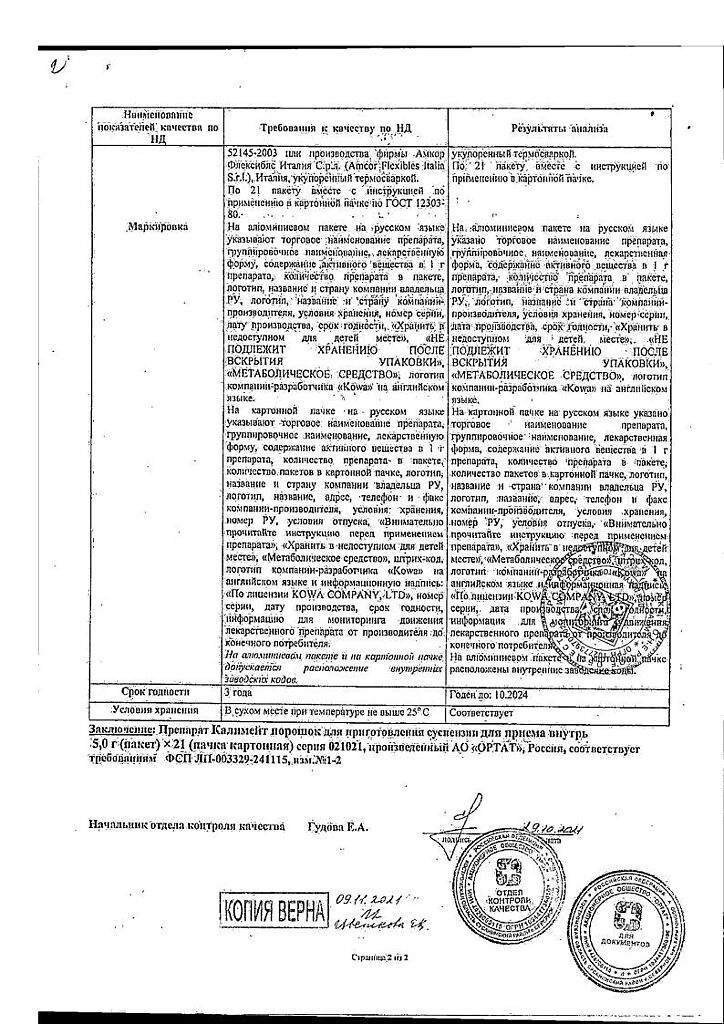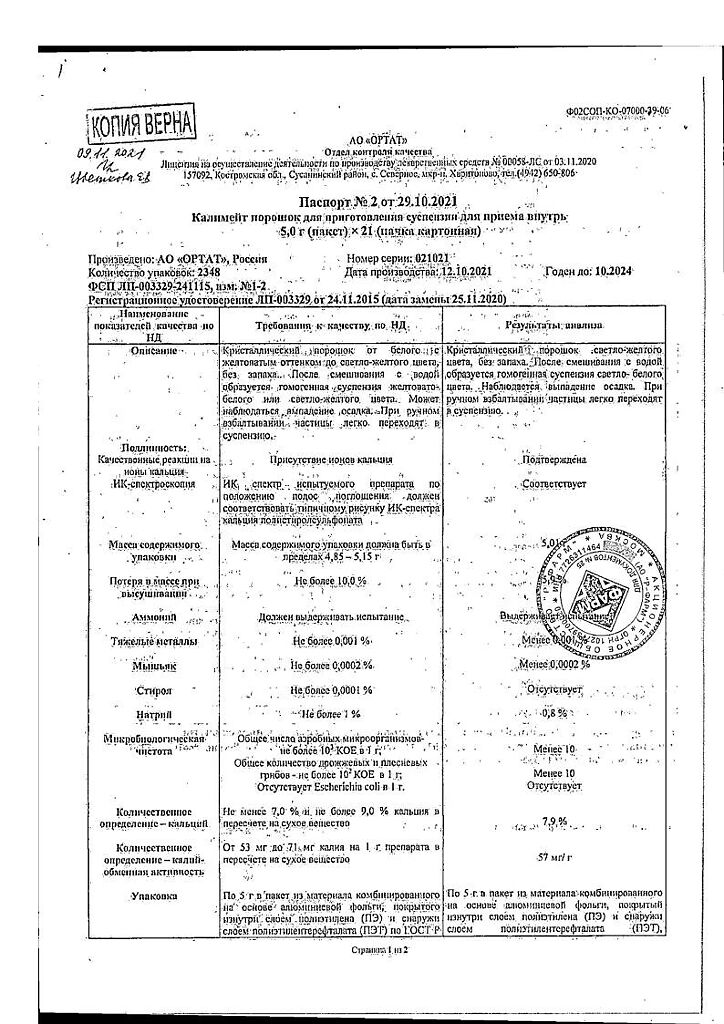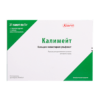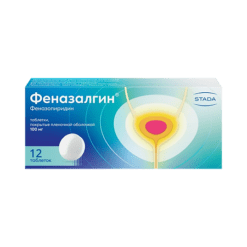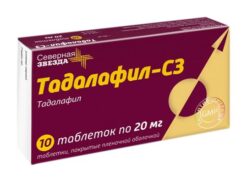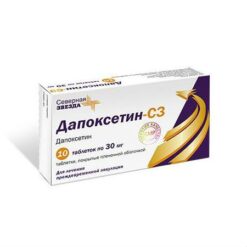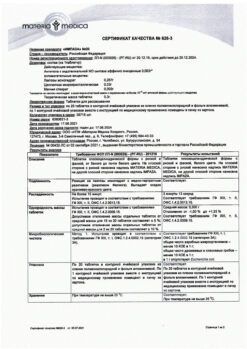No products in the cart.
Calimet, 5 g 21 pcs.
€105.40 €87.83
Description
Hyperkalemia caused by acute or chronic renal failure.
Indications
Indications
Hyperkalemia caused by acute or chronic renal failure.
Pharmacological effect
Pharmacological effect
Metabolic agent
Special instructions
Special instructions
Cases of intestinal obstruction and intestinal perforation have been reported with the use of sodium and calcium polystyrene sulfonates. If such phenomena as severe constipation, prolonged abdominal pain, vomiting occur, it is necessary to stop using the drug and take appropriate therapeutic measures.
Active ingredient
Active ingredient
Calcium polystyrene sulfonate
Composition
Composition
1 g of powder contains:
Pregnancy
Pregnancy
Specific studies on the safety of calcium polystyrene sulfonate during pregnancy have not been conducted.
Contraindications
Contraindications
1) Intestinal obstruction;
2) History of hypersensitivity to polystyrene sulfonate;
3) Conditions accompanied by hypercalcemia (for example, hyperparathyroidism, multiple myeloma, sarcoidosis, metastatic carcinoma);
4) Plasma potassium level below 5 mmol/l;
5) Kalimate is not recommended for use in children under 18 years of age due to insufficient data on effectiveness and safety;
6) Combined use with sorbitol.
With caution:
1) In patients susceptible to constipation (risk of intestinal obstruction or perforation);
2) In patients with intestinal stenosis (intestinal obstruction or perforation may occur);
3) In patients with gastrointestinal ulcers (possible exacerbation of symptoms).
Side Effects
Side Effects
The incidence of side effects is indicated according to the classification of indicators recommended by the World Health Organization (WHO): Very often: >1/10; Often: 1/100; Uncommon: 1/1000; Rarely: 1/10000; Very rare:
Interaction
Interaction
The combined use of the drug with sorbitol is not recommended, as cases of intestinal necrosis have been reported with such use.
Cation exchange drugs may reduce the efficiency of potassium ion binding by Kalimate. with the combined use of cation exchange resins and cation-containing antacid and laxative drugs (magnesium hydroxide, aluminum hydroxide, calcium carbonate, etc.), the development of systemic alkalosis and the formation of aluminum hydroxide stones is possible.
When used together with digitalis preparations (for example, digoxin), in the case of hypokalemia and/or hypercalcemia, the toxic effect of digitalis preparations on the heart may increase, especially the occurrence of ventricular arrhythmias and inhibition of the atrioventricular node.
When used together with lithium preparations, lithium absorption may be reduced.
When used together with thyroxine, the absorption of thyroxine may be reduced.
Calcium polystyrene sulfonate may impair the absorption of fat-soluble vitamins.
Overdose
Overdose
Biochemical disturbances in overdose may cause clinical manifestations of hypokalemia symptoms (irritability, confusion, slow thinking, muscle weakness, hyporeflexia, paralysis).
As the condition progresses, respiratory arrest may develop. Electrocardiographic changes may correspond to those characteristic of hypokalemia or hypercalcemia, and arrhythmias may develop. Adequate measures should be taken to correct plasma electrolyte levels and remove the drug from the digestive tract using laxatives and enemas.
Recommendations for use
Recommendations for use
Adult patients
The standard daily dose is 15-30 g, which should be divided into 2-3 doses. The drug is diluted in a small amount of water (30-50 ml) or 3-4 ml of sweet food or liquid (except for juices rich in potassium – orange, pineapple, grape, tomato) per 1 g of powder.
If necessary, the prepared suspension can be administered using a gastric tube 2-3 mm thick. When preparing the suspension, inhalation of the drug should be avoided due to the risk of developing acute bronchitis (see section “Side effects”).
The above dose is an average dose and may be individually adjusted based on the individual patient’s electrolyte levels. The use of calcium polystyrene sulfonate should be discontinued when potassium levels drop below 5 mmol/L.
Elderly patients (over 65 years old)
Since elderly patients often experience a decrease in the activity of physiological processes, when prescribing calcium polystyrene sulfonate to elderly patients, it is recommended to exercise closer medical supervision and use smaller doses of the drug.
Storage conditions
Storage conditions
Store in a dry place at a temperature not exceeding 25°C.
Shelf life
Shelf life
3 years
Manufacturer
Manufacturer
Ortat JSC, Russia
Additional information
| Shelf life | 3 years |
|---|---|
| Conditions of storage | Store in a dry place at a temperature not exceeding 25 ° C. |
| Manufacturer | Ortat JSC, Russia |
| Medication form | Powder for oral suspension |
| Brand | Ortat JSC |
Related products
Buy Calimet, 5 g 21 pcs. with delivery to USA, UK, Europe and over 120 other countries.

